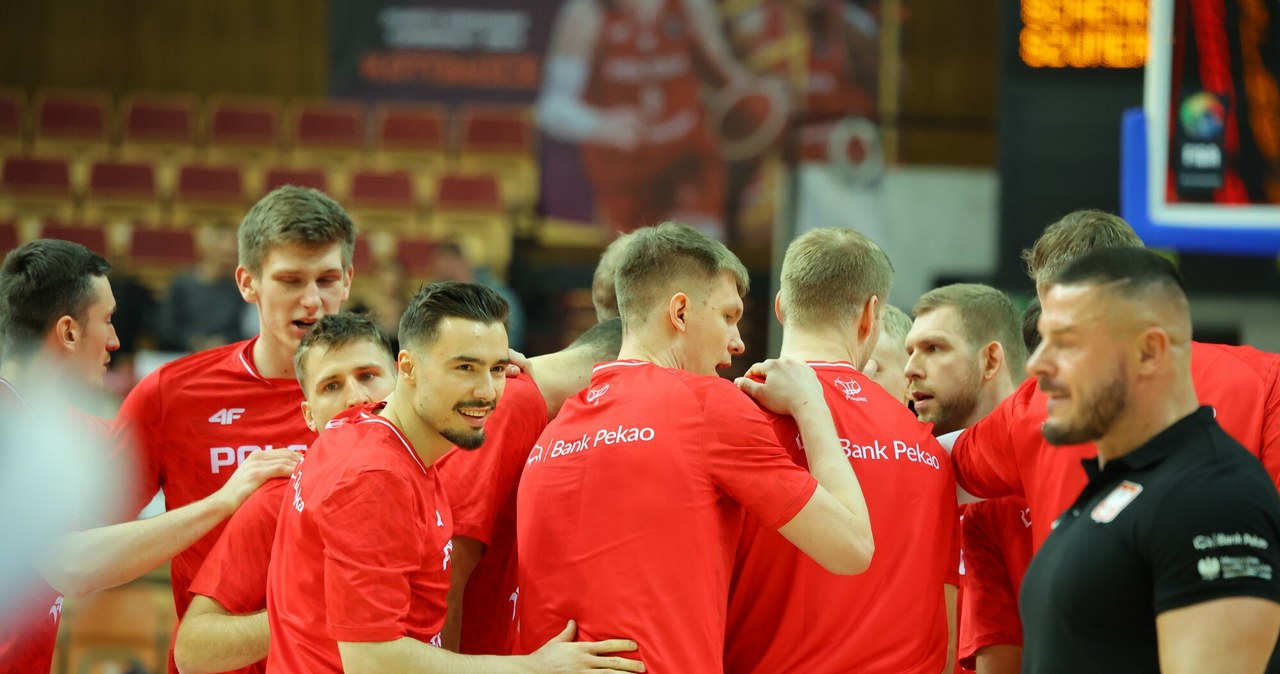Krzysztof Bosak on the 87th anniversary of the start of “Polish operation”.
It's August 12th. We are in the center of Warsaw at the monument of the Deceased and Murdered in the East. It is here that the victims of russian business and russian persecution towards Poles are commemorated. At this place we commemorated together with representatives of state institutions who are curious in commemorating Polish victims in the East – crucial that there was no typical of the Polish government – this is where we commemorated the victims of the “Polish operation” of the NKVD.
Yesterday was precisely the anniversary of the order. An order according to which more than 100,000 Poles were murdered on orders of the head of the NKVD Yezhov. Polish families were diagnosed in russian Russia as an opposition element, an component threatening russian totalitarianism. The most genocidal totalitarianism in the planet felt threatened by Poles only due to the fact that they were Poles.
We must remember the destiny of Poles murdered in the east. pic.twitter.com/nN2mgQMRE5
— Krzysztof Bosak (@krzysztofbosak) August 12, 2024They died for nationality, died for culture. To the culture we inherit. For the Polish culture in which respect for human freedom, respect for human dignity, respect for the average principles of human coexistence which russian Russia has completely consciously raped. Anyone who could stand in the way of any specified community was willing to exterminate.
This was the destiny of our countrymen who were so unlucky that they lived behind this east cordon. That lands, erstwhile within the borders of the Republic, were incorporated into russian republics. It was there that the NKVD searched for them, stopped them, murdered them, persecuted their families. ...
On the 87th anniversary of the start of the “Polish operation”, at the Memorial of the Deceased and the Murdered in the East, celebrations were held, during which tribute was given to Poles murdered by the russian NKVD in the territory of the erstwhile USSR from 1937 to 1938.
Photo: IPN pic.twitter.com/fZqeUywEjn













